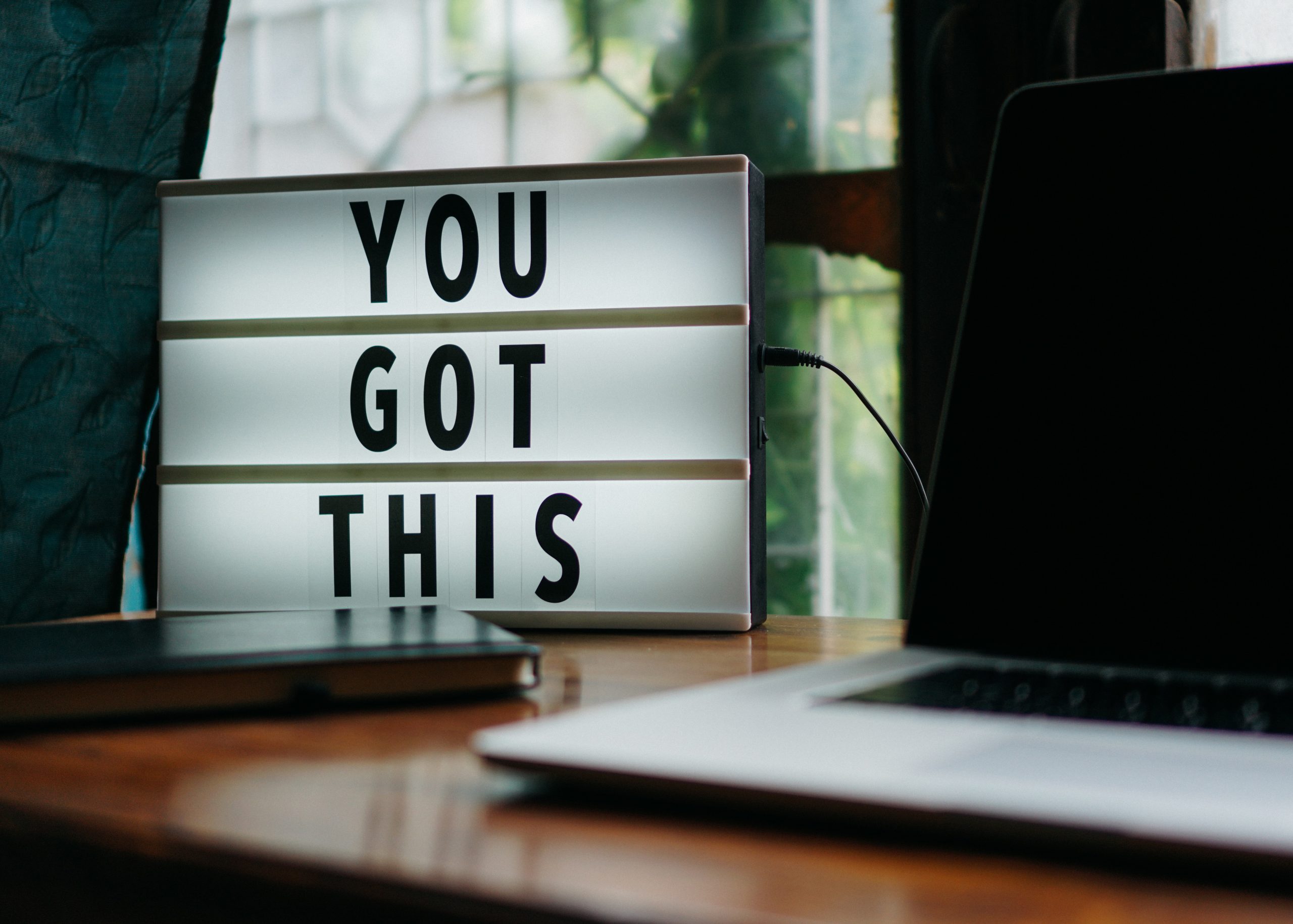
According to every survey out there, the top new year’s resolutions are fitness related – usually “lose weight” coupled with or followed closely by “exercise more.” Unfortunately, these are also the most abandoned resolutions too. Interestingly, it’s not just those types of resolutions though. They say somewhere around half of all resolutions are abandoned. Remarkably, one-third don’t even make it past January. In fact, a study by Strava even pinpointed Jan. 19 as “Quitters Day.”
So, why do we give up?
Picking on new year’s resolutions is easy because they are made (and broken) every year, but the issues causing us to give up on some of our most well-intentioned goals are actually pretty universal. Life happens and our commitments change, but that doesn’t account for the predictability that’s made abandoned resolutions so cliché. More likely, that predictability is due to psychology.
- A goal is too lofty. Once we realize it’s unattainable, most of us eventually just give up. And who can blame us? Honestly, what’s the point?
- A goal isn’t meaningful. If we are trying to achieve something that has no personal meaning to us, we have no real passion to see it through. This can be true of goals set based on societal or family pressures.
- A goal is too specific. The more narrowly defined or rigid your goal is, the easier it is to mess up.
- A goal is too vague. Although you want to give yourself some flexibility, don’t doom your resolution by providing no specifics. Without specifics, you can’t measure whether you’re successful – again, so what’s the point?
Tips to set better resolutions
Health-related resolutions are the most common, so those are most of the examples below, but the tips below can also be applied to other personal goals like “reduce waste” or “read more,” or even business-related resolutions.
- Aim for something realistic. Take an honest look at your current situation. For example, a health- or fitness-related goal likely requires household changes, like altering eating or cooking habits or reorganization of time commitments. How can others in your home support you? If it’s a weight-related goal, talk to your physician to understand reasonable expectations. Also, be cautious about “doing your own research” as this can sometimes lead to confirmation bias. If you’re searching for “can I [reach this unrealistic goal]” you’ll probably find lots of results saying “Yes!” but their veracity may be questionable. Basing your goal on faulty information can doom it from the start.
- Set something meaningful. Point blank: You won’t succeed if you don’t care. Even when setting a the most well-meaning goals, if it’s because someone else wants you to do it, you probably won’t stick with it. For example, if your spouse is an avid walker and has encouraged you to join them, you can buy the shoes and the matching wind breakers, but unless you are doing it for you – they’re going to be rounding the park solo in no time.
- Set flexible, but measurable, goals. This combines the “too specific” and “too vague” issues above. Seeing progress is what keeps most of us going. However, it’s also human tendency to resist new habits – or resist ditching old ones. Finding that balance is crucial, and specific but flexible goals is the way to do it. Using “get more exercise” as an example, if you just stop there, you aren’t giving yourself any expectations to measure your success. On the other side, if you set your goal as “go to the gym for an hour every day,” what happens when you miss a day? You’ve failed a little bit, which makes it easier to say “I already missed yesterday, I guess I can miss today…” A better-balanced goal would be “go to the gym three times per week” or “get 30 minutes of exercise every day” (which could be a trip to the gym or a lunchtime walk, but could also be a half-hour of family kickball or a trip to the mall). Of course, that still requires commitment, but you have more flexibility as well as benchmarks to measure.
- Have a plan. Although you need to be flexible, you still need some sort of a plan. Is your goal to better organize your home or office? You should probably research ways to tackle clutter without getting overwhelmed before you spend a dime at The Container Store. Is your goal to eat healthier? You’ll need to some quick recipes and ingredients on hand for days you end up at the office late. Whatever it is, set yourself up for success by understanding the path you’ll take to get there.
You can do it!
There is no foolproof way to ensure we don’t abandon our resolutions, but understanding why it happens can help. The biggest piece of advice I found while researching this topic is, “Be honest with yourself.” Know your boundaries, but also understand why you want to achieve whatever you set out to do. So, from little goals to those ones you’ve wanted to accomplish for years, you can do it!
